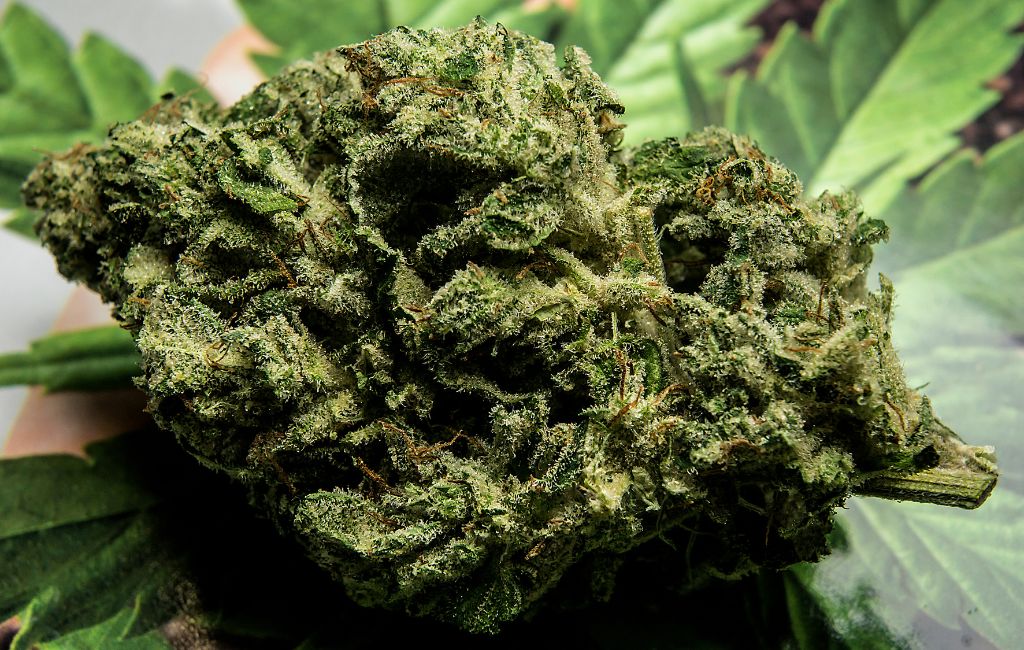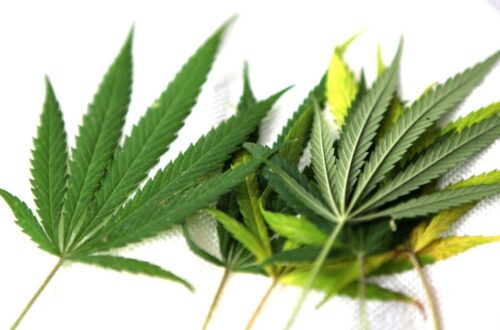THCa Flower for Medical Patients and Its Healing Potential
The exploration of cannabis for medical purposes has gained significant momentum in recent years. Among the various compounds found in cannabis, THCa (tetrahydrocannabinolic acid) has emerged as a subject of interest for its potential therapeutic benefits. Unlike THC, THCa is non-psychoactive, making it an appealing option for patients seeking relief without the high. This article delves into the healing potential of THCa flower for medical patients, supported by research, examples, and case studies.
Understanding THCa: The Basics
THCa is a naturally occurring cannabinoid found in raw and live cannabis plants. It is the acidic precursor to THC, the compound responsible for the psychoactive effects of cannabis. When cannabis is heated through smoking, vaping, or cooking, THCa is converted into THC through a process called decarboxylation. In its raw form, THCa does not produce the intoxicating effects associated with THC, making it a promising candidate for therapeutic use.
Potential Health Benefits of THCa
Research into the therapeutic properties of THCa is still in its early stages, but preliminary findings suggest several potential health benefits:
- Anti-inflammatory Properties: THCa has shown promise in reducing inflammation, which could be beneficial for conditions such as arthritis and inflammatory bowel disease.
- Neuroprotective Effects: Studies indicate that THCa may have neuroprotective properties, potentially aiding in the treatment of neurodegenerative diseases like Alzheimer’s and Parkinson’s.
- Anti-emetic Effects: THCa may help alleviate nausea and vomiting, making it a potential option for patients undergoing chemotherapy or suffering from other conditions that cause these symptoms.
- Appetite Stimulation: Similar to THC, THCa may help stimulate appetite, which can be beneficial for patients with conditions that lead to appetite loss.
Case Studies and Research
Several case studies and research efforts have highlighted the potential of THCa in medical applications:
A study published in the British Journal of Pharmacology explored the anti-inflammatory effects of THCa in animal models. The researchers found that THCa significantly reduced inflammation and pain in mice, suggesting its potential as an anti-inflammatory agent.
In another study, researchers investigated the neuroprotective effects of THCa in a model of Parkinson’s disease. The findings indicated that THCa could help protect neurons from damage, offering hope for patients with neurodegenerative disorders.
Patient testimonials also provide anecdotal evidence of THCa’s benefits. For instance, a patient with Crohn’s disease reported significant improvement in symptoms after incorporating THCa-rich cannabis into their treatment regimen. While anecdotal, such reports underscore the need for further research into THCa’s therapeutic potential.
THCa vs. THC: A Comparison
Understanding the differences between THCa and THC is crucial for medical patients considering cannabis-based treatments:
- Psychoactivity: THCa is non-psychoactive, meaning it does not produce the high associated with THC. This makes it suitable for patients who wish to avoid psychoactive effects.
- Legal Status: The legal status of THCa varies by region. In some areas, THCa is not subject to the same restrictions as THC, making it more accessible for medical use.
- Therapeutic Applications: While both THCa and THC have potential therapeutic benefits, their applications may differ. THCa’s non-psychoactive nature makes it appealing for conditions where psychoactivity is undesirable.
Methods of Consumption
Medical patients can consume THCa in various forms, each with its own advantages:
- Raw Cannabis: Consuming raw cannabis leaves or flowers in smoothies or salads preserves THCa in its natural form.
- Tinctures and Oils: THCa tinctures and oils offer a convenient way to incorporate THCa into a daily routine, allowing for precise dosing.
- Topicals: THCa-infused creams and balms can be applied directly to the skin for localized relief from pain and inflammation.
Challenges and Considerations
While THCa shows promise, there are challenges and considerations for medical patients:
- Lack of Research: The limited research on THCa means that its full therapeutic potential and safety profile are not yet fully understood.
- Standardization: Variability in THCa content across different cannabis strains and products can make dosing challenging.
- Legal and Regulatory Issues: The legal status of THCa varies, and patients must navigate complex regulations to access it.
Conclusion
THCa flower holds significant promise for medical patients seeking relief from a variety of conditions. Its non-psychoactive nature, coupled with potential anti-inflammatory, neuroprotective, and anti-emetic properties, makes it an appealing option. While research is still in its infancy, early findings and patient testimonials suggest that THCa could play a valuable role in medical cannabis therapy. As research progresses, a clearer understanding of THCa’s therapeutic potential and applications will emerge, offering hope to patients worldwide.





